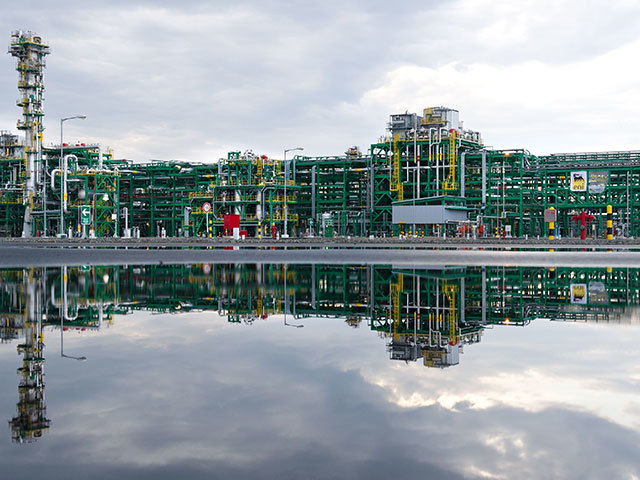
The world’s most expensive and problem-ridden offshore project, Kashagan, is in crisis and could be out of action for as long as two years, far longer than the North Caspian Operating Company is currently admitting to.
A source close to the project in Kazakhstan told Energy: “The latest out here in Kz is that the export pipeline (95km x 28-inch) is fractured along its length and will probably need replaced in full.
“Expected delay is 18 months to two years.
“The Eni boss has already been ‘replaced’ in Atyrua and many of Shell’s start-up team have been down-manned and paid off.”
The deepening crisis that is enveloping Kashagan does no credit to the NCOC consortium partnership that currently comprises Eni, Shell, Exxon, Total and KazMunaiGas plus CNPC and Inpex.
In mid-November, locally-based Tengrinews reported: “Umberto Carrara is leaving his post of the managing director of Agip KCO on November 1, 2013”.
He had worked for over seven years on Kashagan and was in charge of implementing the first phase of the giant field’s development.
According to NCOC, Agip senior Guido Brusco was to replace Carrara.
It is believed that the latter was forced to fall on his sword following the latest and second gas leak to have occurred following the much delayed start-up of commercial production.
The first export line leak was on September 24, just days after first production on September 11. The second leak occurred two weeks later on October 9.
NCOC has denied that Carrara’s departure is linked to this latest embarrassing incident.
“Small content of gas in the air was discovered during a scheduled check on October 9, 2013, at one of the sections of the gas pipeline from island D to Bolashak oil refinery located 2km from the field,” NCOC reported.
Production was shut down pending location of the leak and assessment of the pipeline.
It was initially claimed that the work would not take more than a couple of days. However, Kashagan production remains shut in.
On November 10, Total broke rank and said the field would stay off-line until at least the end of this year.
The French company’s CEO, Christophe de Margerie, told a news conference in Abu Dhabi: “It’s more than simply repairing pipes,” he said, adding the consortium must be sure before restarting production that the whole piping system would operate safely over the long term.
De Margerie’s decision to talk about Kashagan remaining shut-in for months at least may be the precursor to an admission that the export pipeline does indeed require replacing.
Kazakh oil industry officials had claimed that production from the field had passed the 60,000 barrels per day mark before the second leak forced the current shut-in.
The target for November was to achieve 75,000bpd.
Kashagan has so far taken nearly 13 years and about $50billion develop. It is the world’s most expensive oil project.
It is also among the biggest global oil find in decades, though may ultimately be eclipsed by the Shaikan field in Kurdistan where early production has been achieved at a fraction of the cost and time sunk into the Caspian Sea project.
Recommended for you
